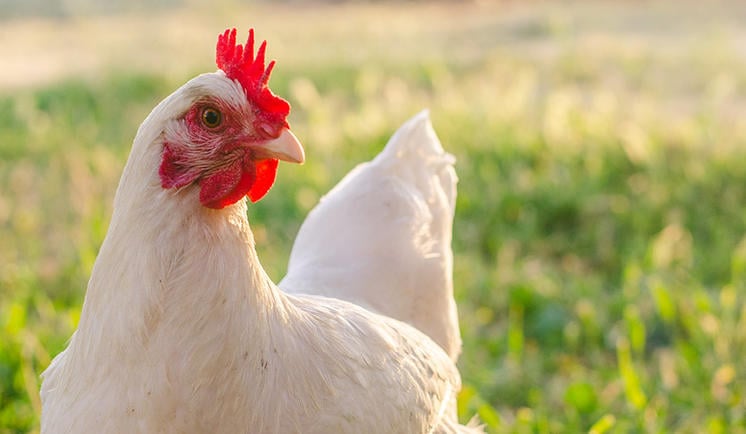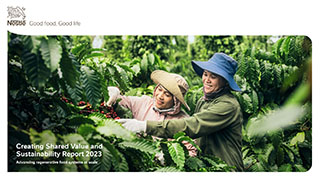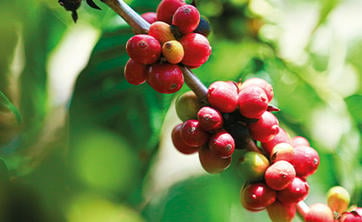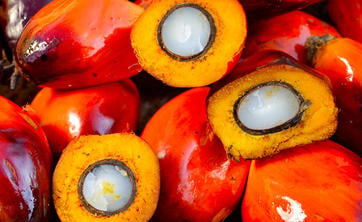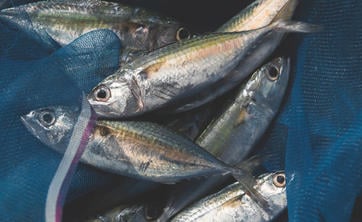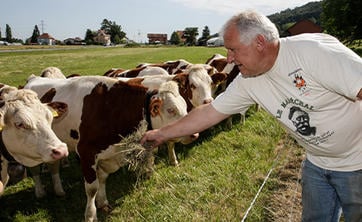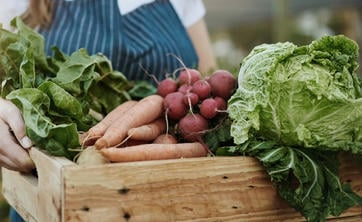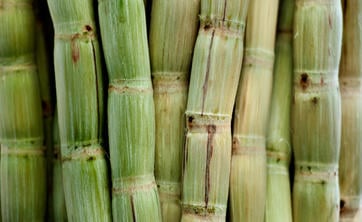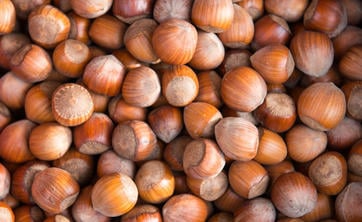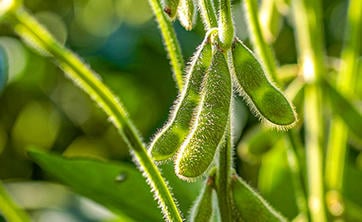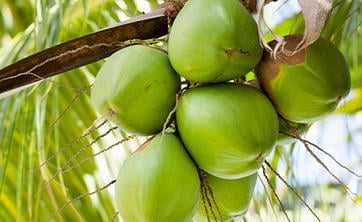Animal welfare

Nestlé is committed to improving farm animal welfare across our supply chains.
We use dairy, eggs and a variety of meats and poultry as ingredients in a range of our products. We share consumer, civil society organization, government and investor concerns about the care, health and welfare of farm animals used in food production.
Our progress in animal welfare
Our approach to implementing rigorous animal welfare standards
We recognize and share our stakeholders’ concerns about the welfare of animals raised for food and the need for responsible animal production systems.
We aim to eliminate practices from our global supply chain that are not consistent with the internationally accepted Five Freedoms: freedom from hunger and thirst; freedom from discomfort; freedom from pain, injury, and disease; freedom to express normal and natural behavior; and freedom from fear and distress.

Our broiler pledge in the United States and Europe
We are aiming for chicken welfare standards for poultry used in all our food products in the United States and Europe that meet the criteria and expectations set out in the European Broiler Ask/Better Chicken Commitment. By 2024 in the United States and 2026 in Europe, we aim to move to one standard, based on a phased introduction.
The European Broiler Ask/Better Chicken Commitment requires that 100% of the chicken used in Nestlé food products must (by 2024/2026):
- Comply with all animal welfare laws and regulations, regardless of the country of production.
- Implement a maximum stocking density of 6 lb/ft2 (30 kg/m2) or less. Thinning is discouraged and, if practiced, must be limited to one thin per flock.
- Choose breeds that demonstrate higher welfare outcomes.
- Adopt controlled atmospheric stunning using inert gas or multiphase systems, or effective electrical stunning without live inversion.
- Demonstrate compliance with the above standards via third-party auditing and annual public reporting on progress toward this commitment.
Partnering to make change in animal welfare practices
Nestlé is one of the founding members of the Global Coalition for Animal Welfare (GCAW). Food service companies and food manufacturers are working together through the GCAW to advance animal welfare standards globally, including improving conditions for intensively reared livestock. We supported the development of a report on the local conditions and context needed for transitioning to cage-free egg production in China.
